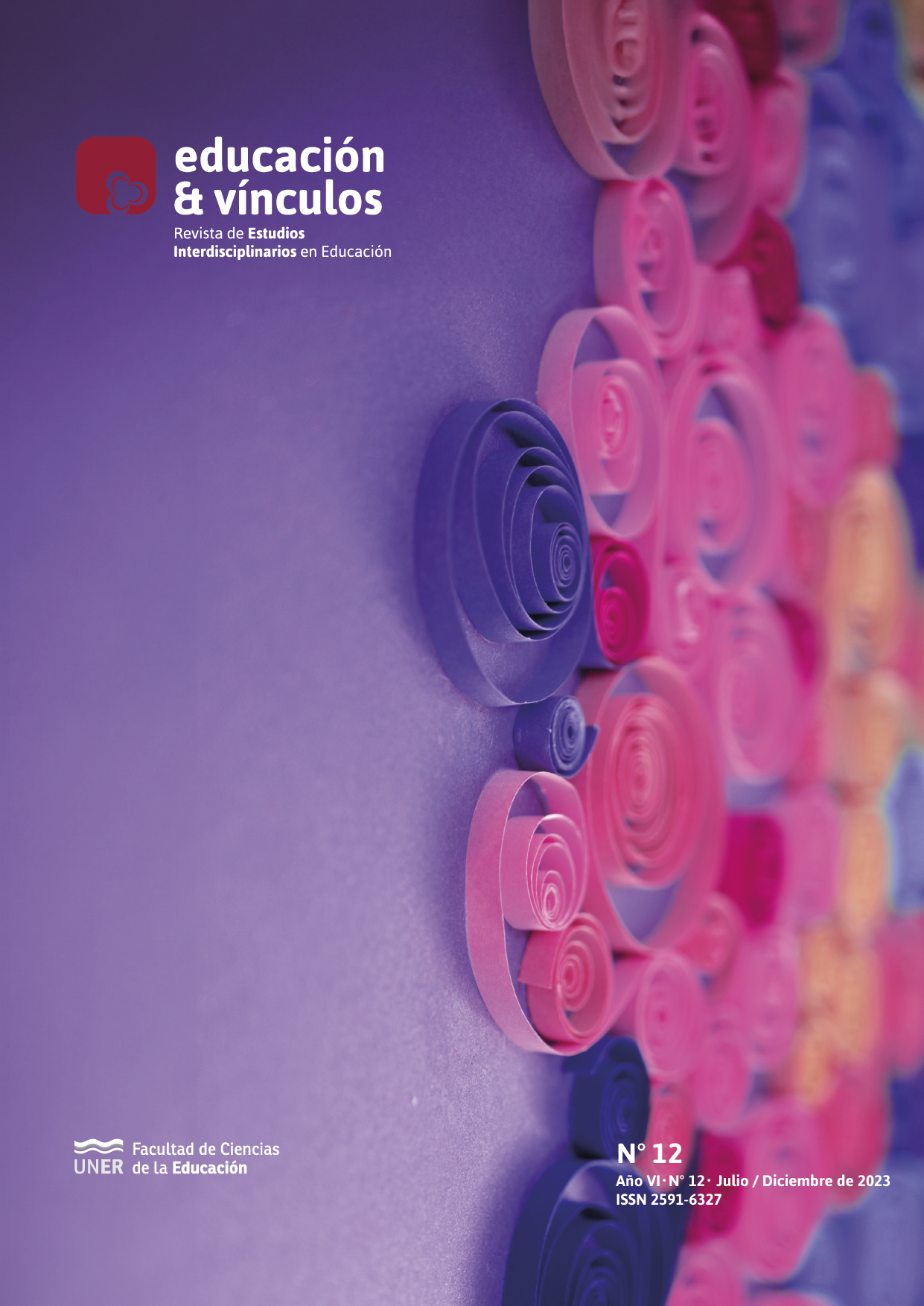An urban-centric reading of the sociocultural context and disability: Disabling ruralities?
DOI:
https://doi.org/10.33255/2591/1758Keywords:
Persons with Disabilities, rural(ity), sociocultural practices, legal actions, governmental policiesAbstract
Nowadays, Persons with Disabilities (PwD) face physical, social, economic, political, and cultural obstacles that prevail in the environment and that determine their inclusion and exclusion in society, even if there is a legal framework that defines their rights.
A framework that is conceived as a kind of fetishization, but it has not satisfied its real requirements. In addition, it hardly considers the voices and experiences of people with a physical, mental, or sensory limitation. Therefore, they face exclusion, discrimination, stigmatization, and oppression.
For the above mentioned the objective of this article is to analyze the sociocultural practices that determine a person's disability when confronted with daily life, essentially in contexts that do not adjust to what the Mexican legal framework establishes, for example, in the Rural Environment. Some interviews were conducted with people with disabilities. Hermeneutics was used for the analysis of the legislation. It was found that there are different conceptions about disability, and that there is a general ignorance about the legislation and the experiences of PwD in governments, society and with the PwD. That is why their exclusion and oppression is emphasized.
Downloads
References
CASTELLANOS, F. y L. López (2009). Discapacidad y cultura: desafío emergente en investigación. En el marco de los proyectos del grupo de Cuidado Cultural de la Salud. Facultad de Enfermería de la Universidad Nacional de Colombia.
FLOREZ-ALFONSO, L.V. et al. (2021). Participación Social de las Personas con Discapacidad «Ruralidad, Memoria y Arraigo». Universidad Pedagógica Nacional. Departamento de Psicopedagogía. Facultad en Educación. Colombia.
HART, R. (1993). La participación de los niños, de la participación simbólica a la participación auténtica. UNICEF, fondo de las Naciones Unidas para la infancia. Oficina regional para América Latina y el Caribe. ENSAYOS INNOCENTI n.º 4.
LÓPEZ, C. (2016). La cultura de una sociedad marca la vida de una persona con discapacidad. Plena Inclusión Madrid. https://plenainclusionmadrid.org/
MARTÍNEZ, N.P. (2015). Participación de las personas con discapacidad en el municipio de TEPETLAOXTOC, Estado de México (2013-2015). [Tesis de maestría, Colegio de Postgraduados Institución de Enseñanza e Investigación en ciencias Agrícolas].
Planella, J. (2006). Subjetividad, Disidencia y Discapacidad, Prácticas de Acompañamiento Social. Fundación ONCE para la Cooperación e Integración Social de las personas con discapacidad. Fundación ONCE. España. https//www.fundaciononce.es
RODRÍGUEZ, C. (2007). Experiencias en la intervención con el entorno facilitador de la autonomía personal. Intervención Psicosocial. Vol. 16, n.º 2, pp. 261-268.



